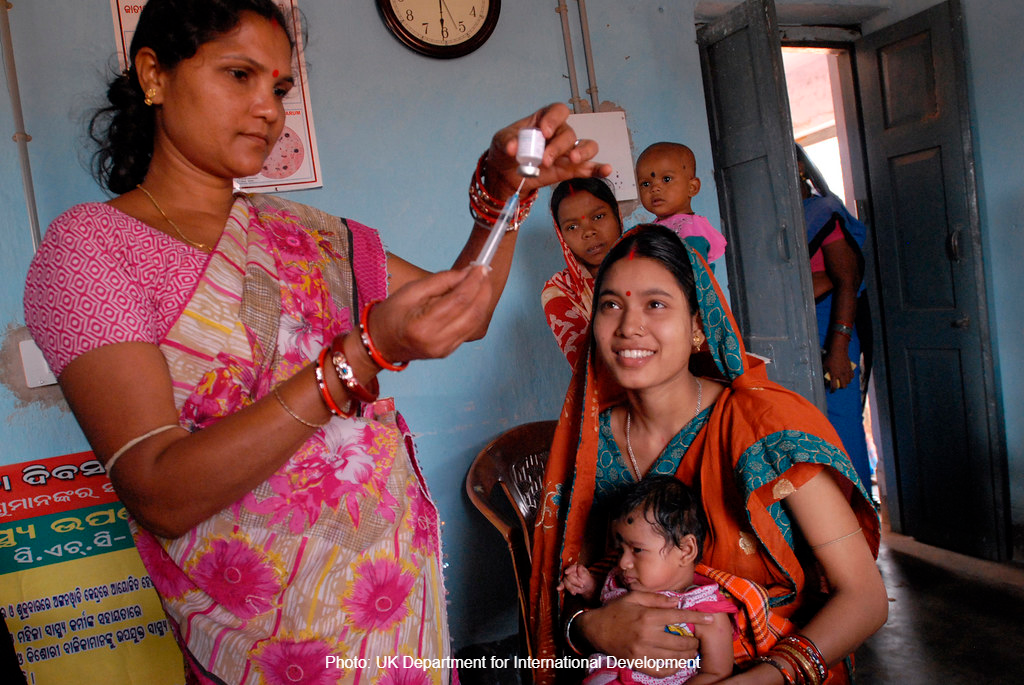The COVID-19 pandemic provides a stark illustration of disparities. In this session, we will review the cost of gender inequity in the COVID-19 response, focusing on vaccination. More than a year into COVID-19 vaccine deployment, less than 50 countries are regularly reporting gender-disaggregated data. In this panel, we will hear from vaccination experts who discuss issues ranging from policy to practice. We will focus on the issues related to data reporting and collection, why international agencies are not mandating gender-disaggregated data, and what strategies could be used to change that.
We will also unpack some of the reasons for gender disparities in coverage. Where there is a limited supply of vaccines, the picture can differ depending on which groups were prioritized for vaccination. For example, in some countries, prioritizing health care workers meant that women were more likely to receive vaccines. Men were more likely to receive a shot in others, where the military was prioritized. Where supply is adequate, fears may explain disparity – for example, rumours of effects on fertility or breastfeeding have hampered uptake. Or, as with routine childhood vaccines, the main gender barriers could relate to the inability to get to the clinic, fear of illness after the vaccine (which would require the person to take time off), and other opportunity costs.
24-30 April is the celebration of World Immunization Week, commemorating the collective action needed and promoting the use of vaccines to protect people of all ages against disease. The theme for 2022 is ‘long life for all’. But the achievement will be hampered without significant effort to tackle the challenges of the inequities inherent in the development and production of vaccines, the distribution and supply, and access and uptake.
The Lancet Commission on Gender and Global Health in partnership with the UNU Gender and Health Hub present the ‘In Conversation With…’ webinar series. The first session in the series, ‘Vaccines to vaccinations: Gender in promoting immunization’ will be chaired by Nina Schwalbe, Commissioner and Principal Visiting Fellow at the United Nations University – International Institute for Global Health.
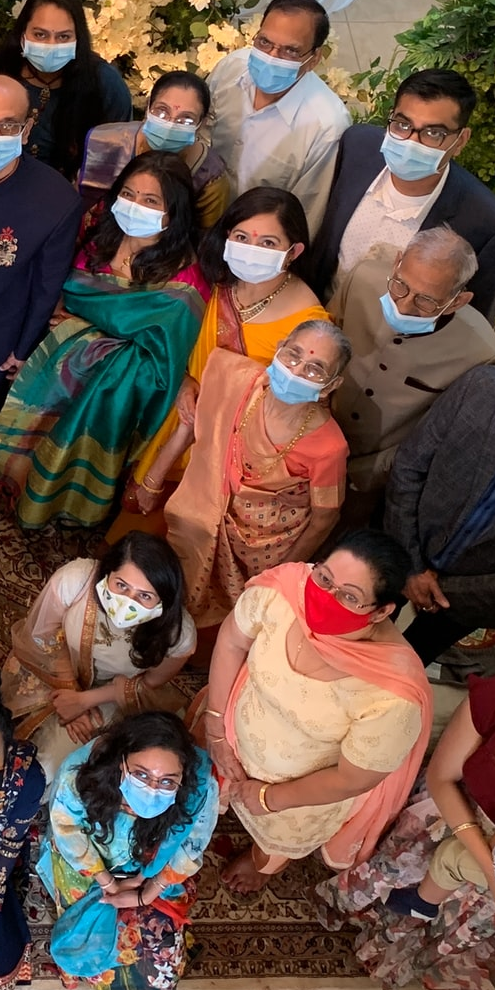
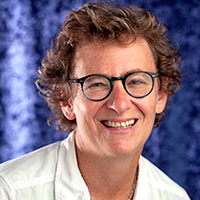
Ms Schwalbe is Founder and Principal at Spark Street Consulting, a strategic consulting firm with representation in New York, Islamabad, Delhi and Lisbon, specializing in improving effectiveness, maximizing impact, and driving the intersection between strategy, policy and advocacy. Clients include Gavi, the Vaccine Alliance, the Global Fund for AIDS, TB and Malaria, WHO, UNICEF, CEPI and a number of private foundations and not-for-profit organizations.
Ms Schwalbe began her career in public health working with refugees in Thailand. She has since held numerous leadership positions including acting as UNICEF’s Associate Director of Program Division and Chief of Health. Prior to UNICEF, Nina served as Managing Director for Policy and Performance at Gavi, the Vaccine Alliance, where she led Gavi’s work on strategy and policy development, market shaping, performance management and monitoring and evaluation. In addition to developing Gavi’s organizational strategy, she also developed their vaccine investment strategy, gender, fragile state and graduation, and co-financing policies.
Nina went to Gavi from the Global Alliance for TB Drug Development where, as policy director she focused on access to and adoption of new technologies. Her work on TB began at the Open Society Foundations (OSF), she developed and directed their Public Health Program.
She has also worked at Engender Health and the Population Council and holds degrees from Harvard and Columbia Universities. She is member of the Council on Foreign Relations, an Adjunct Assistant Professor at Columbia’s Mailman School of Public Health, and serves on Gavi’s Evaluation Advisory Committee. She has published numerous articles and serves as a peer reviewer for Vaccines and the Lancet, among others.
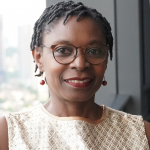
Prior to joining UNU, Prof. Allotey served as Professor of Public Health and Deputy Head of School (Research and Development) at the Jeffrey Cheah School of Medicine and Health Sciences, Monash University (Malaysia). She also was head of the Global Public Health unit and founding Associate Director of the South East Asia Community Observatory (SEACO, Malaysia).
Her previous experience includes Professor of Race, Diversity and Professional Practice, Brunel University (United Kingdom); Lecturer and Senior Research Fellow at the Key Centre for Women’s Health, WHO Collaborating Centre for Women’s Health, University of Melbourne (Australia); and Lecturer in the Tropical Health Program, Australian Centre for International and Tropic Disease and Nutrition, University of Queensland (Australia).
Prof. Allotey has a multidisciplinary background in clinical health sciences, anthropology, and epidemiology. Her research has focused on health equity, health and human rights, gender and social determinants of health, forced migration and marginalisation, sexual and reproductive health, infectious diseases, and non-communicable diseases.
She is also a technical advisor on several WHO committees in Geneva, including serving as co-Chair of the Gender and Rights Advisory Panel; a member of the Technical Advisory Group on Universal Health Coverage for the WHO Western Pacific Region office in Manila; and associate editor for several public health and global health journals.
She holds a PhD in Public Health and a MMedSci degree in Community Health from the University of Western Australia.
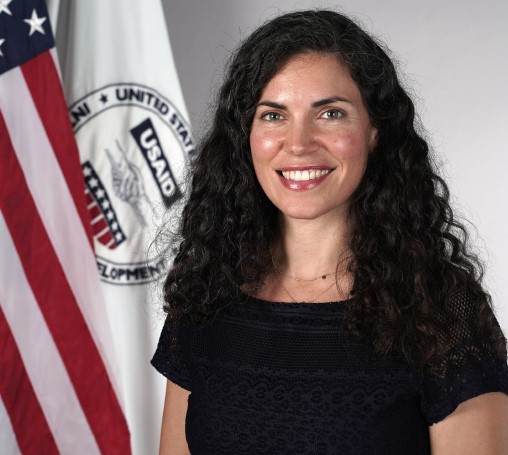
Prior to joining USAID, Ms. Bigio served as a senior fellow on Women and Foreign Policy at the Council on Foreign Relations, where she researched, lectured, and published widely on the relationship between gender equality, national security, and global prosperity.
She previously served as the director for human rights and gender on the White House National Security Council (NSC) staff and as the NSC representative on the White House Council on Women and Girls. At the State Department, Ms. Bigio served as senior advisor on national security and on sub-Saharan Africa to the U.S. Ambassador-at-Large for Global Women's Issues and was detailed to the Office of the Undersecretary of Defense for Policy and to the U.S. Mission to the African Union. Ms. Bigio led the interagency launch of the U.S. government’s first National Action Plan on Women, Peace, and Security, an effort for which she was recognized with the U.S. Department of State Superior Honor Award and the U.S. Department of Defense Secretary of Defense Honor Award. She also worked at the United Nations Office for the Coordination of Humanitarian Affairs in New York, Ethiopia, and Iraq (based in Jordan), and at the grassroots level for public health nongovernmental organizations.
Ms. Bigio is a graduate of the Harvard Kennedy School and the University of Maryland.
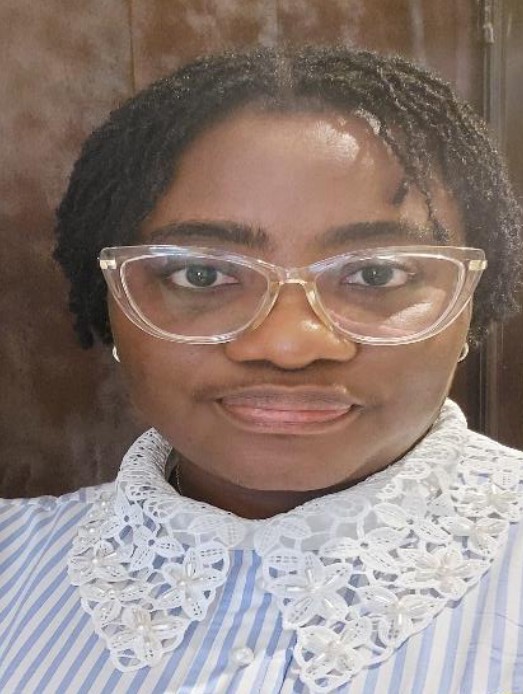
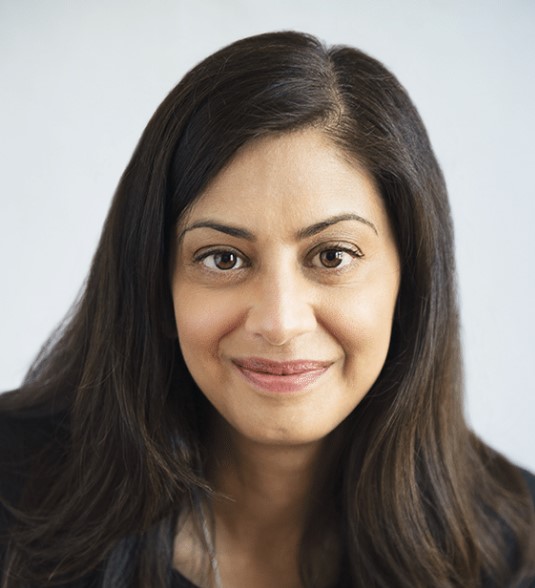
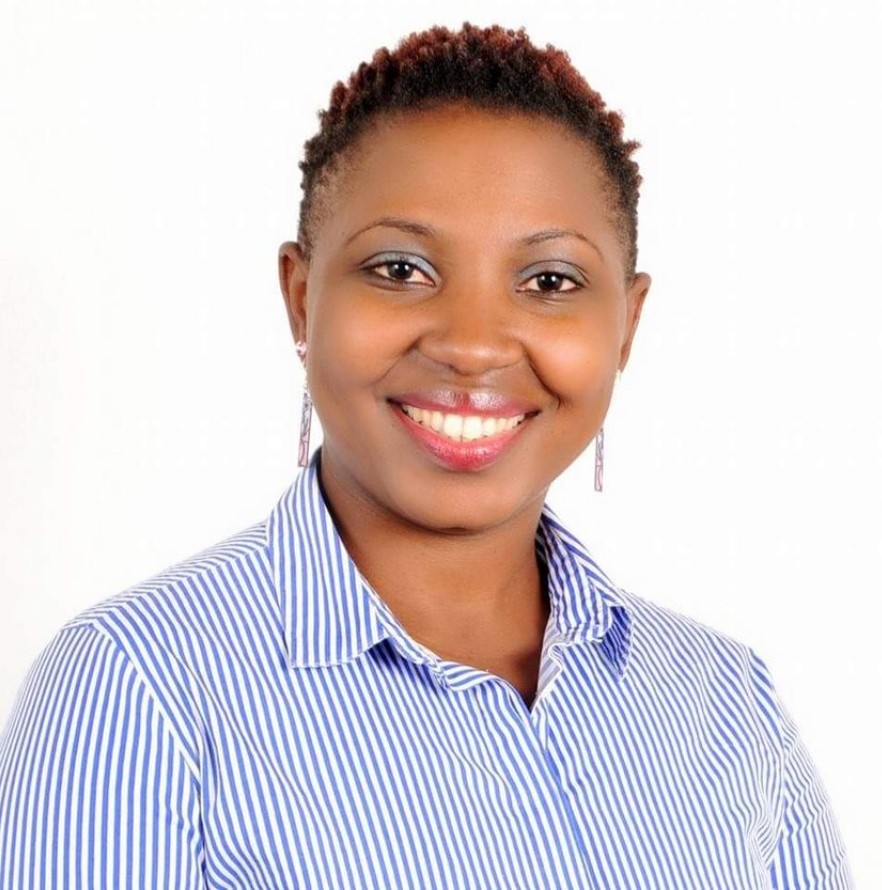
Dr. Atuhebwe previously worked with PATH, supporting the introduction of new vaccines in Africa and Southeast Asia. She holds a bachelor’s degree in medicine and surgery from Mbarara University, Uganda, a master’s degree in international public health from the University of Leeds, United Kingdom, as well as postgraduate training in Vaccinology from University of Cape Town, South Africa, and Project Leadership and Management from Cornell University, USA.
Dr. Atuhebwe is a survivor of severe COVID-19, and an outspoken advocate for the value of COVID-19 vaccines as a critical tool for ending the COVID-19 pandemic.
